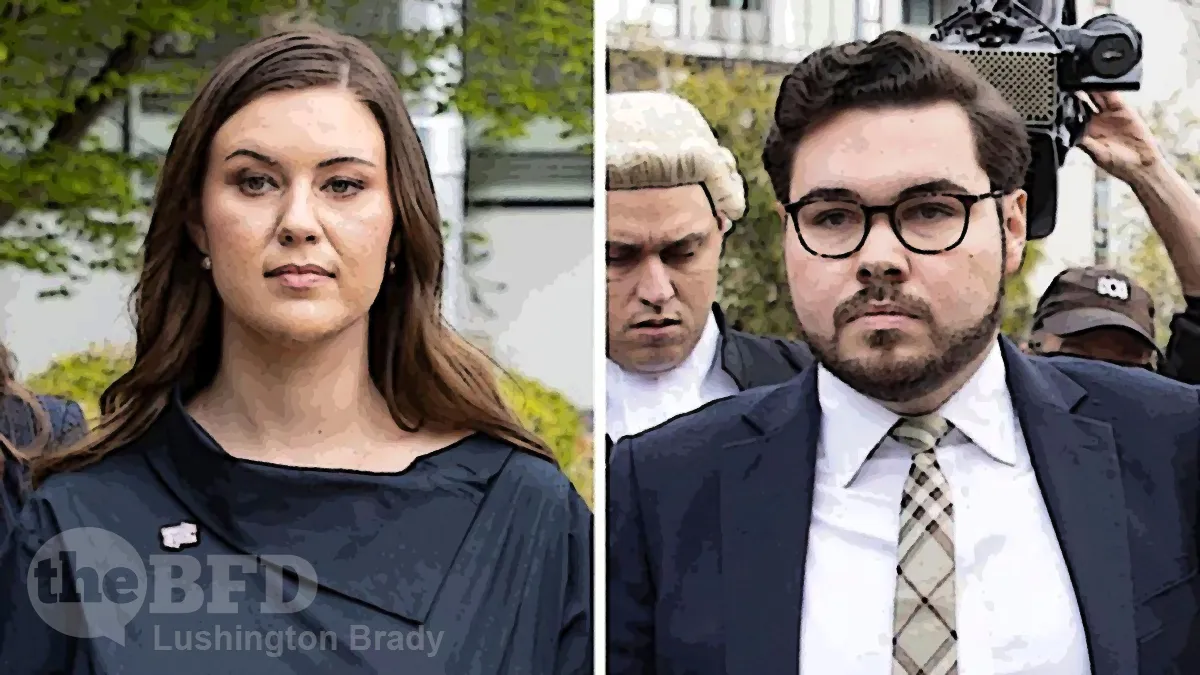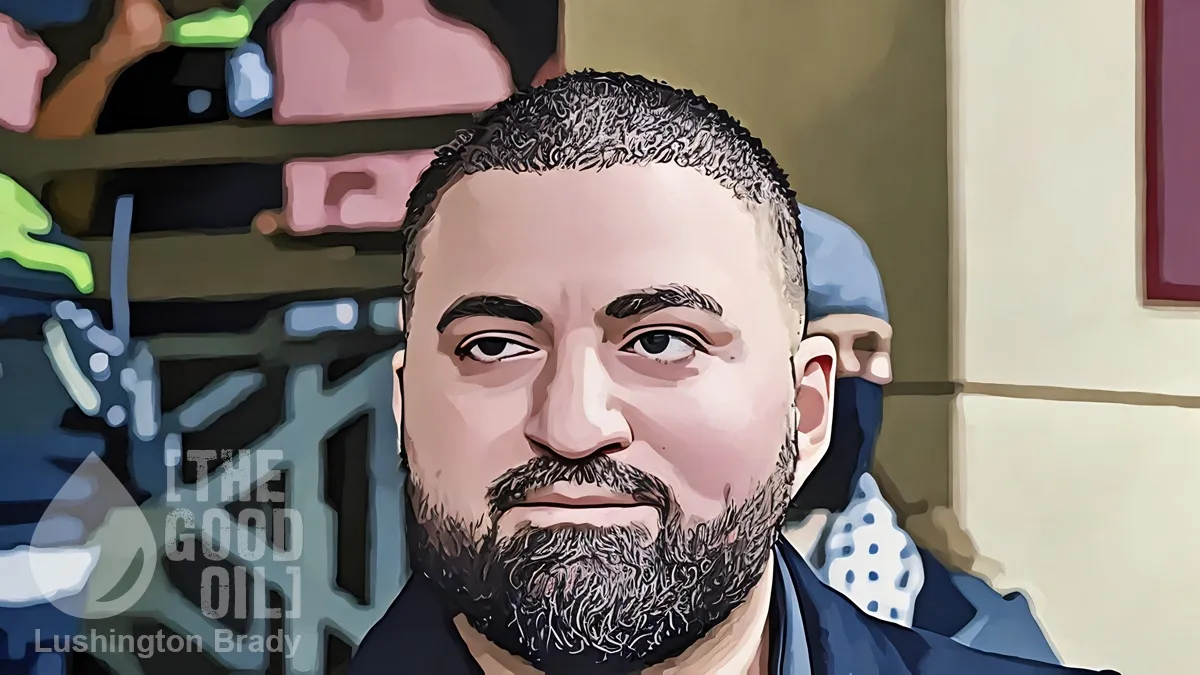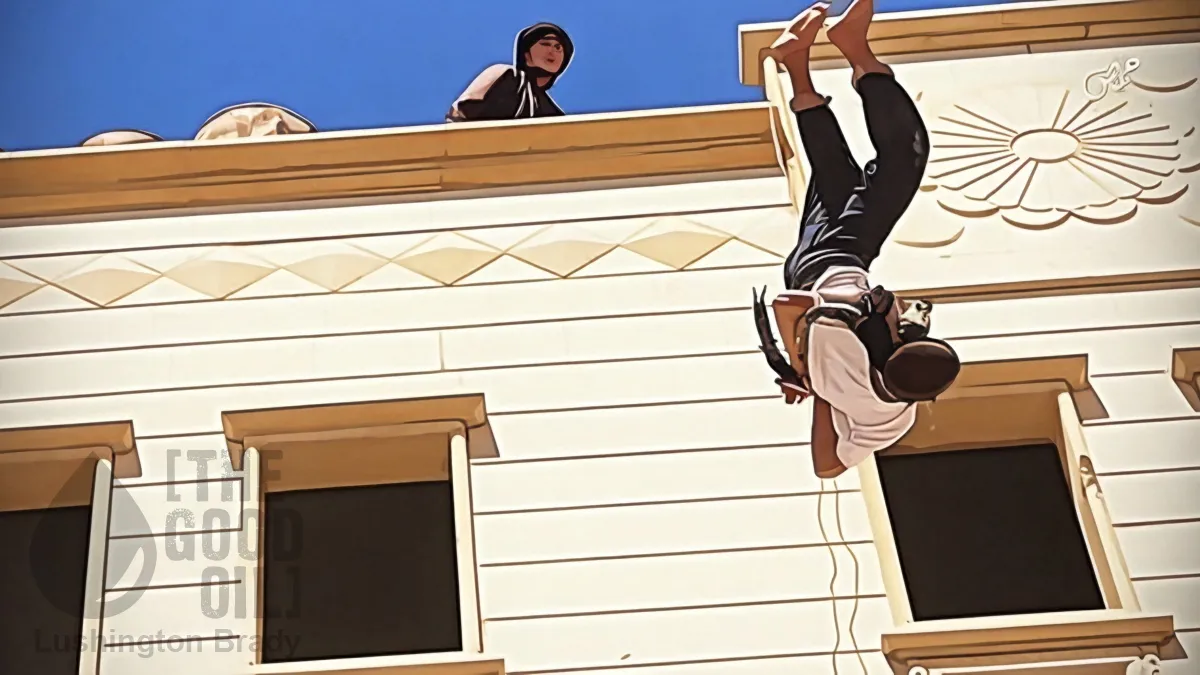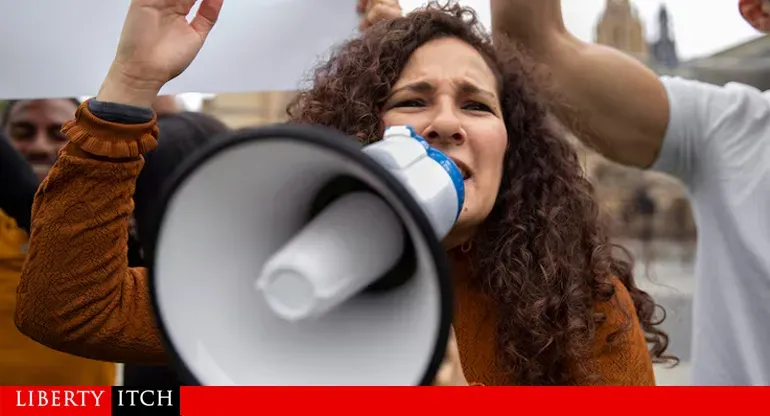Table of Contents
The rape trial that shook Canberra may have fizzled to an end, with the ACT prosecutor dropping all charges, but the legal action — and the bombshell revelations — roll on. Everybody’s lawyering up, all over the place.
First off is accused Bruce Lehrmann, who says he is broke and broken by the process.
Mr Lehrmann, who previously earned as much as $200,000 as a senior adviser when he was just 24, has been unemployed since the allegations broke in 2021 […]
His solicitors Kamy Saeedi Law, who coordinated his case, are now examining civil remedies to help cover some of those costs, including potentially issuing defamation concerns notices to social media giants Google, Facebook, Twitter and media outlets.
And, of course, the media vultures who’ve been flapping and squawking around the case are still squabbling over the entrails.
A number of media outlets have also approached him for TV interviews […] but he has not made any decisions about paid interviews to date.
News.com.au
News.com.au
For her part, accuser Britanny Higgins is similarly claiming to have been broken down by the process — her mental health was cited by the prosecutor as a reason for discontinuing the legal action. But she’s at the same time launching new legal action, threatening to sue senior politicians, as well as having a right old tanty about the legal process.
Brittany Higgins is preparing to sue the two former Liberal cabinet ministers she worked for in parliament, as she labels Australia’s justice system a “national shame”.
What, exactly is she complaining about?
“I was required to tell the truth under oath over a week on the witness stand and was cross-examined at length. He was afforded the choice of staying silent in court …”
Which is a long-standing legal principle. The right of an accused to silence has been established in Common Law since at least the 16th century, and was enshrined in the US Constitution. It’s also a basic principle of logic that the burden of proof lies on the accuser.
“This is the reality of how complainants in sexual assault cases are treated. Their lives are torn apart, their families and friends called to the witness stand and the accused has the legal right to say absolutely nothing,” she said
The Australian
The Australian
Defendants might also have a thing or two to say about lives being torn apart. But they don’t get to parrot feminist talking-points to a sympathetic media.
It’s not known how Higgins’ five-figure book deal will be affected by the dropping of the charges, but there’s some bombshell chapters that probably won’t be in it.
The most senior police officer on the Brittany Higgins case believed there was insufficient evidence to prosecute Bruce Lehrmann but could not stop the ACT Director of Public Prosecutions from proceeding because “there is too much political interference”, according to diary notes made by the ACT Police Manager of Criminal Investigations, Detective Superintendent Scott Moller [..]
The executive briefing lists a series of concerns by senior police, including that Ms Higgins had repeatedly refused to provide her original mobile phone; had deliberately deleted messages from a second phone; had lied about seeking medical attention after the incident; and had joked about wanting “a sex scandal” a month before the incident. Some became issues at the trial.
And others didn’t because they were never revealed to the jury.
Ms Higgins texted boyfriend David Sharaz in May last year saying: “F..k it, if they want to play hard ball I’ll cry on The Project again because of this sort of treatment.”
This was, of course, after the allegations had been aired. But it’s what Higgins and her former boyfriend were texting about beforehand that’s especially raising eyebrows.
Police recovered a text exchange between Ms Higgins and former boyfriend Ben Dillaway dated February 7, 2019, six weeks before the alleged rape, in which the pair joked about wanting a political sex scandal.
Police also found Higgins a rather difficult customer to deal with.
Ms Higgins first spoke to police on April 1, 2019, a week after the events at Parliament House, but informed them two weeks later she did not wish to continue with the allegations. On February 5, 2021, she re-engaged with police, telling them she had been interviewed by the media and didn’t want to do an evidence-in-chief interview until her interview with The Project host Lisa Wilkinson had aired on television.
Although police warned Higgins against such media events, but she “made it clear to police” that she wasn’t going to talk to them until she’d talked to the media. In the end, Higgins did not do an evidence-in-chief interview until more than a week after the Wilkinson interview was aired. Even then, she refused to hand police her mobile phone.
The AFP statement of facts prepared by Superintendent Moller reflects police frustration over difficulties in obtaining Ms Higgins’ mobile phone after the interview to extract data.
On March 15, when police had arranged for a second time to meet Ms Higgins to obtain the phone, she failed to turn up or to respond to calls.
The Australian
The Australian
Instead, police had to watch her on television — again. This time at a feminist “March4Justice” at Parliament House, where Higgins delivered a speech, rather than speak to police. It was another six weeks before Higgins gave another police interview — during which time ACT Victims of Crime Commissioner Heidi Yates had taken over all communications between Higgins and police.
In the meantime, while more than half of the witness list had yet to be interviewed by police, the ACT Director of Public Prosecutions had already decided to prosecute.
Well might police say that there was “too much political interference”.









